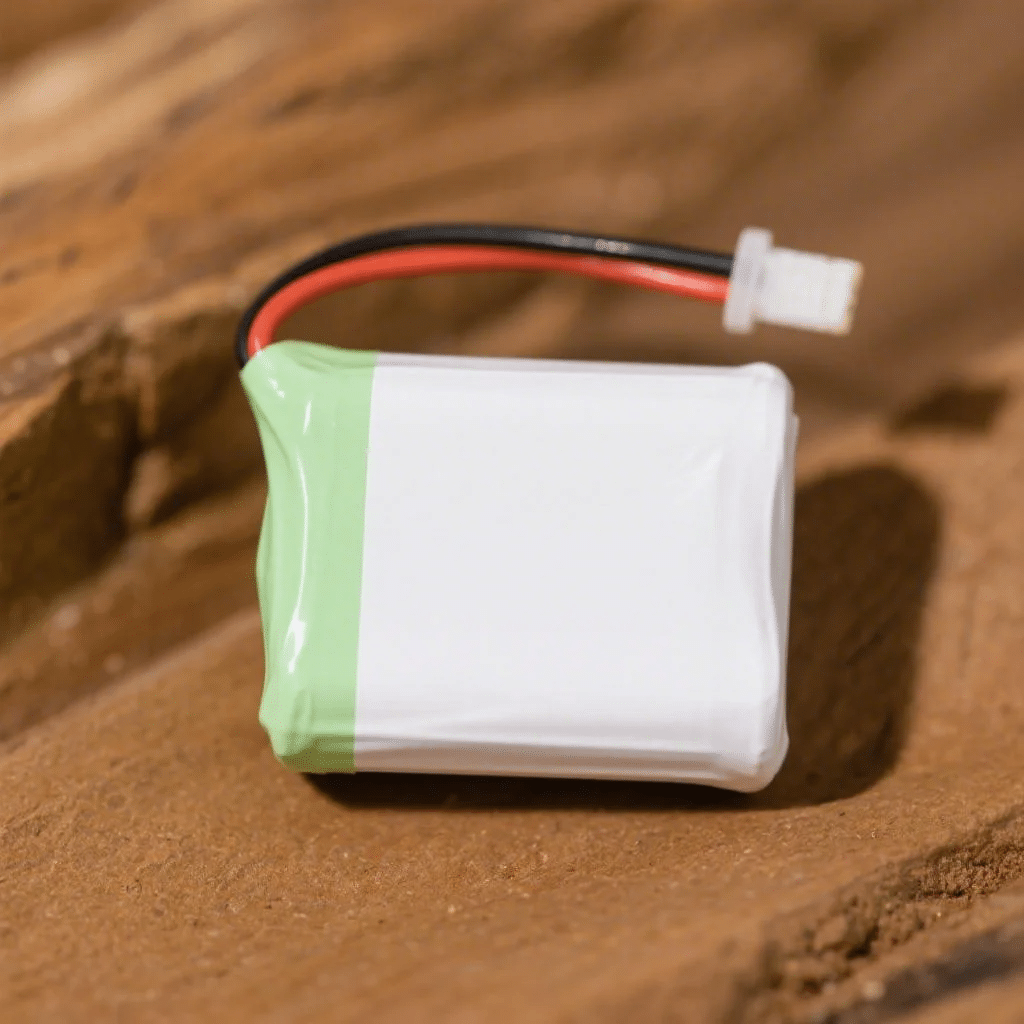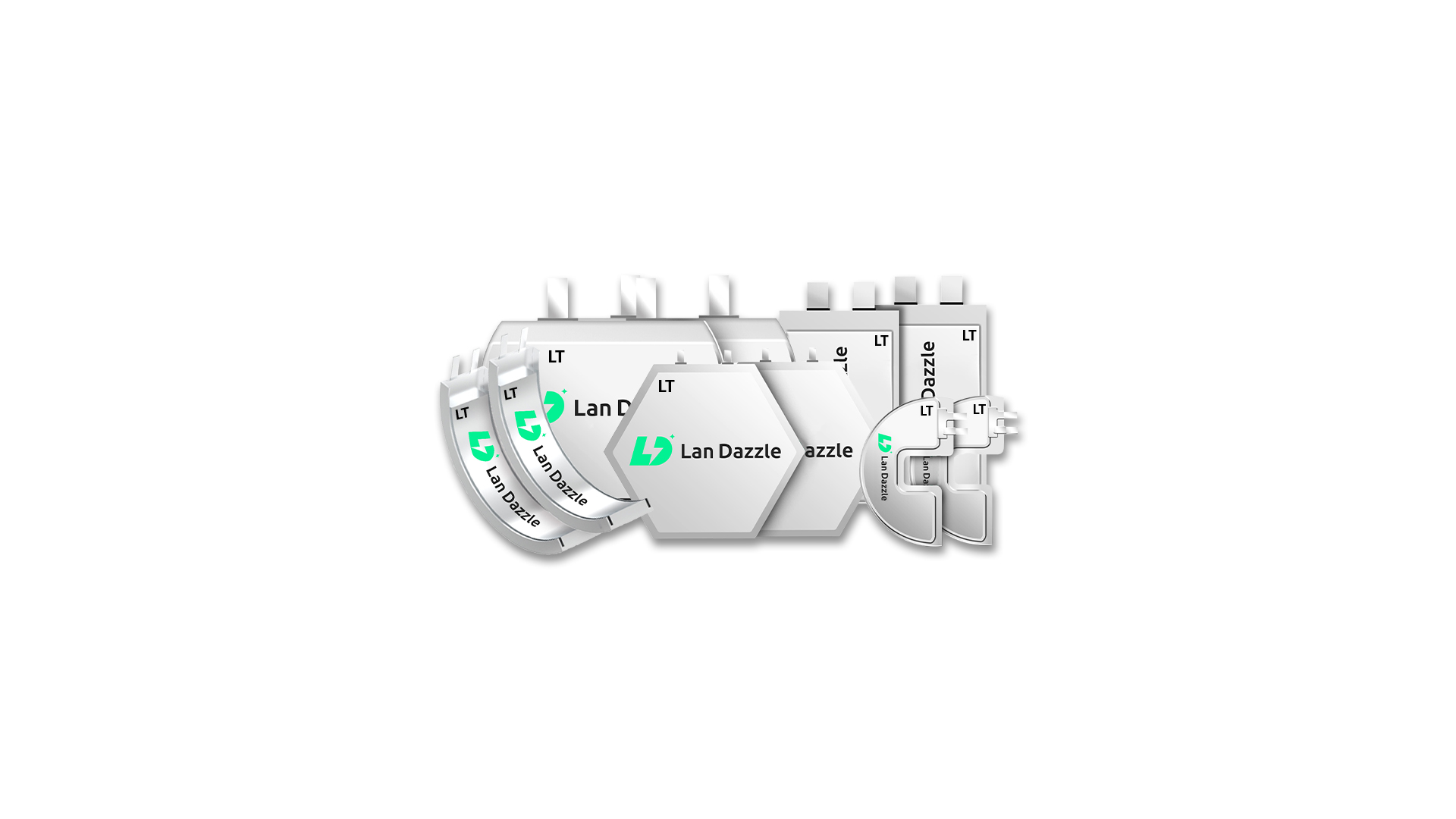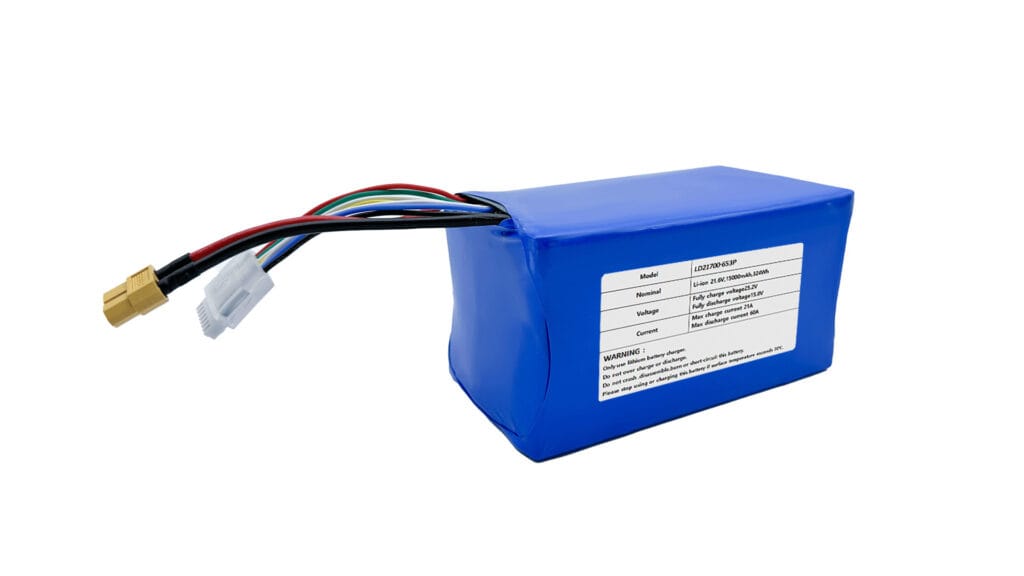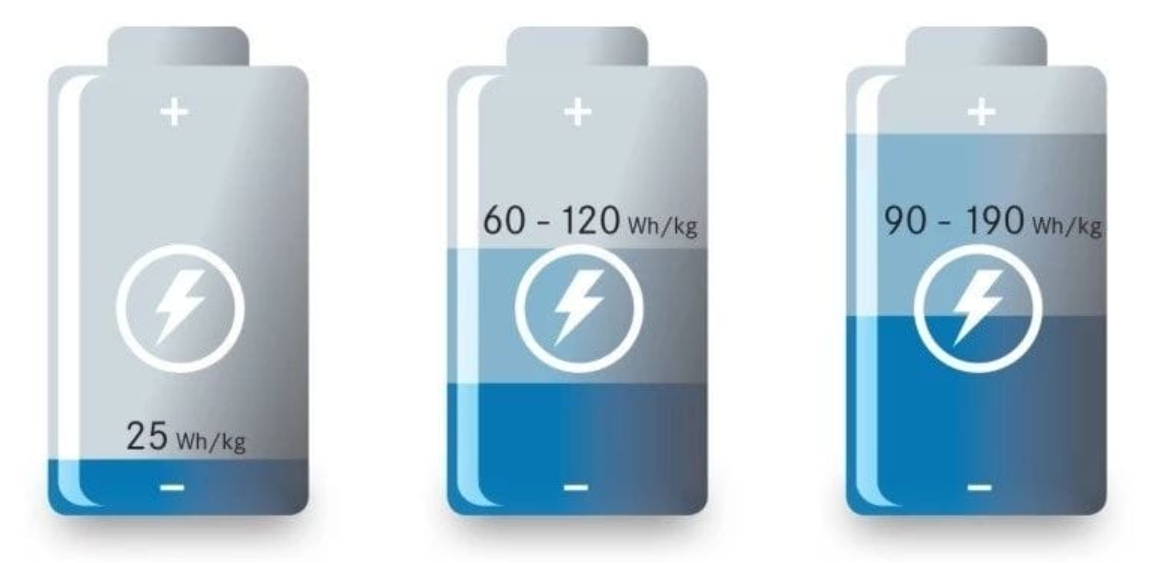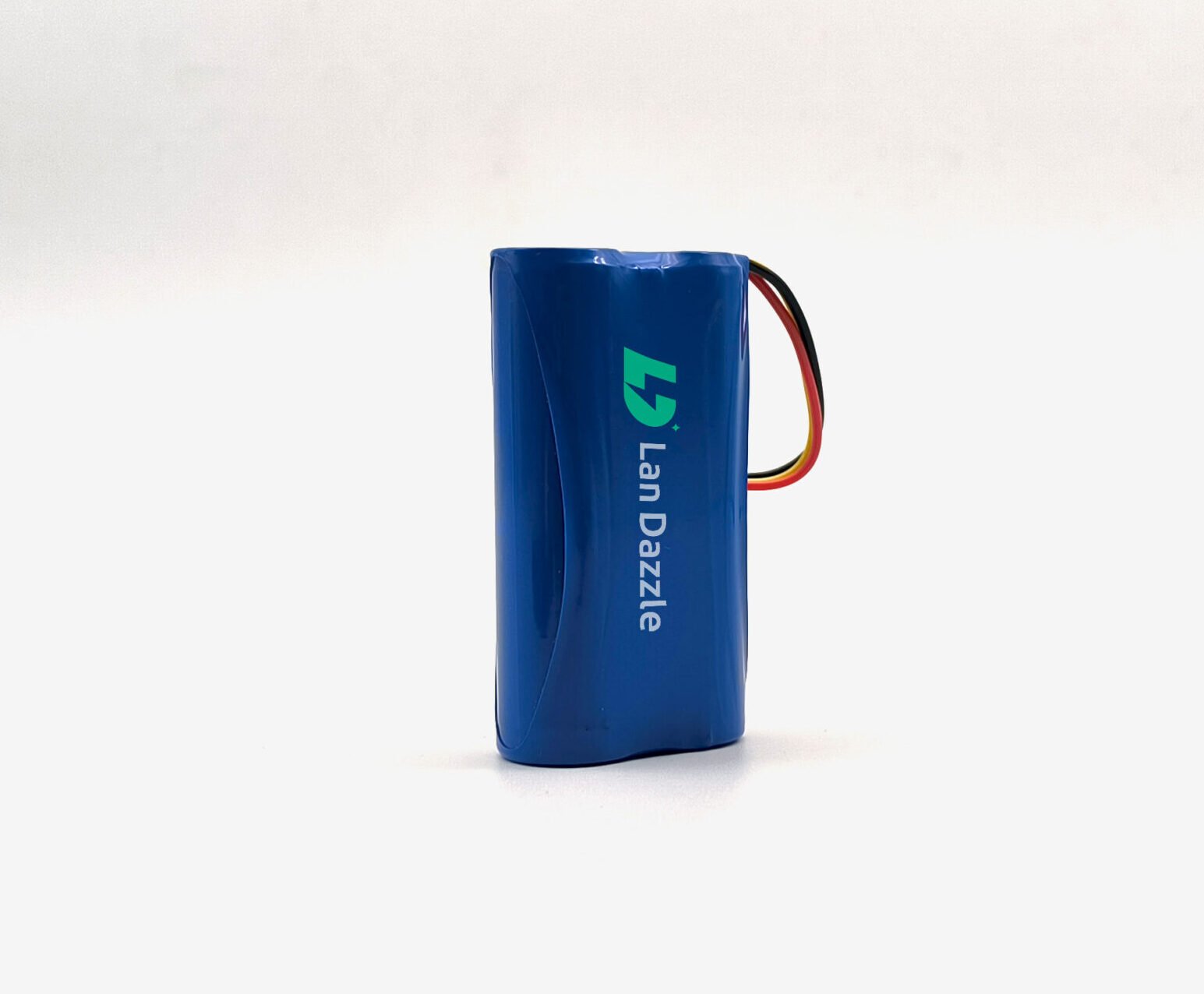In our increasingly mobile and gadget-driven world, the unsung heroes powering our devices are batteries. Among the diverse range of battery technologies, the 6v lithium battery stands out for its unique combination of power, portability, and longevity. From the buzzing rotors of unmanned aerial systems (UAS) to the crisp images captured by digital cameras, these compact powerhouses play a crucial role in a variety of applications.
This comprehensive guide will delve into the world of 6v lithium battery, exploring their fundamental workings, advantages, disadvantages, common uses, and essential tips for choosing, caring for, and safely handling them. Whether you’re a drone enthusiast, a photography buff, or simply curious about the technology that powers your favorite gadgets, this guide will provide you with a thorough understanding of the versatile six-volt lithium battery.
What is a 6v Lithium Battery?
At its core, a 6v lithium battery is a rechargeable power source that utilizes lithium ions to store and release energy. The term “6v” refers to its nominal voltage, indicating the electrical potential difference it provides. This voltage is typically achieved by connecting multiple individual lithium-ion cells in series. Each lithium-ion cell generally operates around 3.7 volts, so a 6v lithium battery pack often consists of two cells connected in series.
The fundamental chemistry involves the movement of lithium ions between the anode (negative electrode) and the cathode (positive electrode) through an electrolyte. During discharge, ions flow from the anode to the cathode, generating an electric current. When charging, this process is reversed. Key components include these electrodes, the electrolyte (a conductive medium), and a separator (preventing short circuits). Compared to older battery technologies like lead-acid or Nickel-Metal Hydride (NiMH), 6v lithium batteries offer significant advantages, primarily in terms of energy density and weight, making them ideal for applications where size and mass are critical factors.
Advantages and Disadvantages of 6v Lithium Batteries
Advantages:
- High Energy Density: One of the most significant benefits of 6v lithium batteries is their ability to store a large amount of energy relative to their size and weight. This is particularly crucial for applications like drones, where every gram counts towards flight time and performance.
- Long Cycle Life: These batteries can typically withstand hundreds, if not thousands, of charge and discharge cycles without significant degradation in performance. This translates to a longer lifespan and reduced replacement costs over time.
- Low Self-Discharge: Unlike some older battery types, 6v lithium batteries have a very low rate of self-discharge. This means they can retain a significant portion of their charge even when not used for extended periods.
- Lightweight Design: The lightweight nature of lithium makes these batteries ideal for portable electronic devices and, most notably, for drone battery 6v applications, contributing to increased agility and longer flight durations.
Disadvantages:
- Higher Initial Cost: Generally, 6v lithium batteries tend to have a higher upfront cost compared to some other battery technologies. However, their longer lifespan and superior performance often justify this initial investment.
- Potential Safety Concerns (if mishandled): While generally safe, lithium batteries can pose safety risks if mishandled, such as being subjected to extreme temperatures, overcharging, or physical damage. This necessitates careful usage and adherence to safety guidelines.
- Specific Charging Requirements: 6v lithium batteries require specific chargers designed for their voltage and chemistry. Using the wrong charger can lead to damage or safety hazards.
Common Applications of 6v Lithium Batteries
The unique characteristics of 6v lithium batteries make them well-suited for a variety of applications:
Unmanned Aerial Systems (UAS) / Drones:
The 6v lithium battery is a popular choice for powering small to medium-sized drones. Their high energy density and lightweight design are critical for achieving optimal flight times and maneuverability. For drone enthusiasts and professionals alike, the reliability and performance of the drone battery 6v are paramount. Factors like weight, capacity (measured in mAh or Wh), and discharge rate are carefully considered when selecting a battery for a specific drone model.
Digital Cameras and Camcorders:
Many digital cameras and camcorders rely on 6v lithium batteries to provide the necessary power for capturing high-quality images and videos. Their long cycle life ensures that photographers and videographers can enjoy extended shooting sessions without frequent battery replacements.
Medical Devices:
In the medical field, portability and reliability are crucial. Certain portable medical devices, such as blood glucose meters or small monitoring equipment, utilize 6v lithium batteries for their dependable power source.
Portable Electronic Devices:
Beyond cameras, various other portable electronic devices, including some handheld gaming consoles, specific types of sensors, and specialized tools, may utilize 6v lithium batteries due to their compact size and efficient power delivery.
Certain Types of Lighting:
Some specialized lighting applications, such as high-intensity LED flashlights or portable work lights, may also be powered by 6v lithium batteries for their long-lasting performance.
Choosing the Right 6v Lithium Battery
Selecting the appropriate 6v lithium battery for your specific needs is crucial for optimal performance and safety. Consider the following factors:
Understanding Your Power Requirements:
Before purchasing a battery, determine the voltage, current (measured in Amperes or A), and capacity (measured in Ampere-hours or Ah, or Watt-hours or Wh) required by your device. The battery’s voltage must match the device’s requirement. Capacity determines how long the battery will last on a single charge.
Considering Battery Size and Weight:
Especially for applications like drones, the physical dimensions and weight of the battery are critical. Ensure the battery fits the device’s compartment and doesn’t add excessive weight that could hinder performance.
Evaluating Discharge Rate and Cycle Life:
The discharge rate indicates how quickly the battery can deliver power. This is particularly important for devices like drones that require bursts of power for motors. Cycle life refers to the number of times the battery can be charged and discharged before its performance significantly degrades.
Checking for Safety Certifications and BMS:
Look for batteries that have undergone safety testing and carry certifications from reputable organizations. A Battery Management System (BMS) is an essential component that protects the battery from overcharging, over-discharging, and excessive temperatures, enhancing safety and prolonging battery life.
Caring for and Maintaining Your 6v Lithium Battery
Proper care and maintenance are essential to maximize the lifespan and performance of your 6v lithium battery:
Proper Charging Techniques:
Always use a charger specifically designed for 6v lithium batteries. Avoid overcharging, which can damage the battery and potentially lead to safety hazards. Disconnect the charger once the battery is fully charged.
Safe Storage Practices:
Store your batteries in a cool, dry place away from direct sunlight and extreme temperatures. For long-term storage, it’s generally recommended to store lithium batteries at around 50% charge. Avoid storing fully charged or fully discharged batteries for extended periods.
Avoiding Extreme Temperatures:
Both very high and very low temperatures can negatively impact the performance and lifespan of 6v lithium batteries. Avoid leaving devices with these batteries in direct sunlight or freezing conditions.
Understanding Battery Lifespan:
All lithium batteries have a limited lifespan based on the number of charge cycles. Over time, you may notice a decrease in the battery’s capacity. This is a natural process, and eventually, the battery will need to be replaced.
Safety Precautions When Using 6v Lithium Batteries
While generally safe, it’s crucial to follow safety precautions when using 6v lithium batteries:
Avoiding Overcharging and Over-Discharging:
As mentioned earlier, overcharging and over-discharging can damage the battery and pose safety risks. Always use a charger with built-in protection and avoid letting the battery completely drain.
Handling Damaged Batteries Safely:
If a 6v lithium battery is swollen, leaking, or shows any signs of damage, do not use it. Handle it with care and dispose of it properly according to local regulations. Do not attempt to puncture or disassemble a damaged battery.
Proper Disposal Methods:
Lithium batteries should never be thrown in regular trash. They contain materials that can be harmful to the environment. Always recycle lithium batteries at designated recycling centers or collection points.
Conclusion
6v lithium batteries are a vital power source for a wide range of modern electronic devices, with a particularly significant role in the burgeoning field of Unmanned Aerial Systems. Their high energy density, long cycle life, and lightweight design make them an ideal choice for applications demanding both power and portability. By understanding their advantages and disadvantages, choosing the right battery for your needs, and adhering to proper care and safety guidelines, you can ensure optimal performance and longevity from your six-volt lithium battery. As technology continues to advance, we can expect further innovations in lithium battery technology, making them an even more integral part of our connected lives.
FAQ (Frequently Asked Questions)
- What are the main advantages of using a 6v lithium battery?
- Answer: The primary advantages include high energy density, long cycle life, low self-discharge, and a lightweight design, making them ideal for portable devices and drones.
- What types of devices commonly use 6v lithium batteries?
- Answer: Common applications include drones/UAS, digital cameras, medical devices, and some portable electronic devices.
- How do I properly charge a 6v lithium battery?
- Answer: Always use a charger specifically designed for 6v lithium batteries and avoid overcharging. Disconnect the charger once the battery is fully charged.
- How long does a 6v lithium battery typically last?
- Answer: The lifespan depends on factors like capacity, usage patterns, and maintenance. Lithium batteries have a limited number of charge cycles, typically ranging from hundreds to thousands.
- Answer: The lifespan depends on factors like capacity, usage patterns, and maintenance. Lithium batteries have a limited number of charge cycles, typically ranging from hundreds to thousands.
- Are 6v lithium batteries safe to use?
- Answer: Yes, when used correctly. It’s crucial to handle them properly, use the correct charger, avoid damage, and ensure the battery has a Battery Management System (BMS) for added safety.
- Where can I buy a 6v lithium battery for my drone?
- Answer: You can purchase them from reputable online retailers specializing in drone parts, electronics stores, and specialized drone supply shops. Always check the battery specifications and read reviews before buying.
If you are interested in 6v lithium batteries or want to customize other voltage lithium batteries, feel free to contact us at info@landazzle.com or visit landazzle.com.
